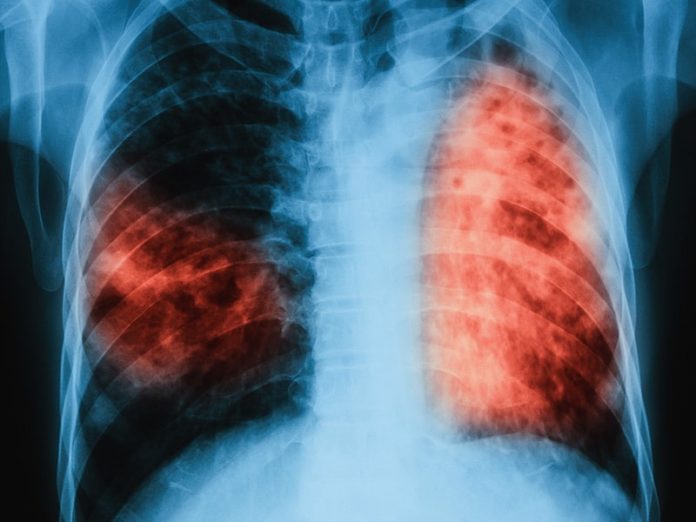The study works on linking samples submitted for tuberculosis testing to enable national surveillance
Boston University researchers have devised a way to link samples submitted for tuberculosis testing top enable continuous national surveillance for the disease and irs drug resistant forms.
Global tuberculosis control and elimination will require detailed real-time information on the location of individuals with the disease, the presence of drug resistance, and the patterns of transmission. The surveys currently used are only conducted periodically and are not sufficient to effectively control tuberculosis, which causes more than 4,500 deaths daily.
In an article in PLOS Medicine, Karen Jacobson, from the Boston University School of Medicine and Boston Medical Center, and colleagues, describe the new technique. It uses a person-matching algorithm to link repeat and longitudinal specimens to the same individual and to the same episode of disease.
TB kills an estimated 480,000 Indians every year and more than 1,400 every day. India also has more than a million ‘missing’ cases every year
This work is important for India because it has the highest tuberculosis burden in the world. TB kills an estimated 480,000 Indians every year and more than 1,400 every day. India also has more than a million ‘missing’ cases every year that are not notified and most remain either undiagnosed or unaccountably and inadequately diagnosed and treated in the private sector.
The researchers linked 2,219,891 samples from the Western Cape National Health Laboratory Service in South Africa, submitted for tuberculosis testing between 2008 and 2013, to 799,779 individuals who were mappable to clinic locations.
They note that because the South African database lacks unique identifiers, the figures are approximations that are reliant on the person-matching algorithm, and that the analysis does not include data from non-clinic locations or private clinics. Still, this method for leveraging routinely collected laboratory data is a promising tool for understanding and eliminating tuberculosis.
As the authors note: “In the future, this framework could allow public health providers to have near real-time surveillance of drug resistance burden, evaluate programmatic interventions, and monitor progress towards national and global tuberculosis reduction goals.”


